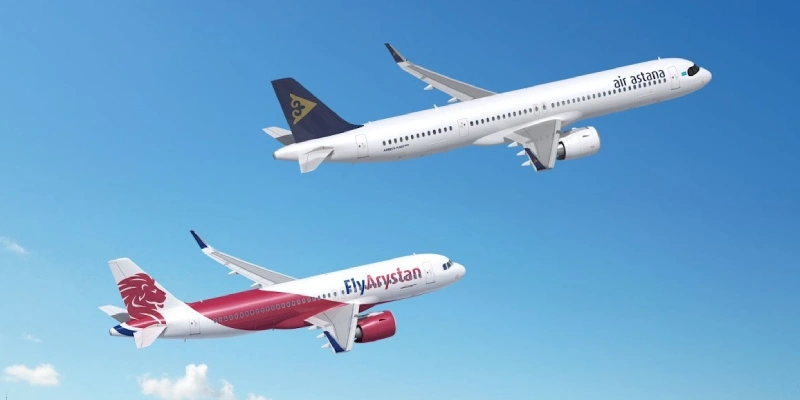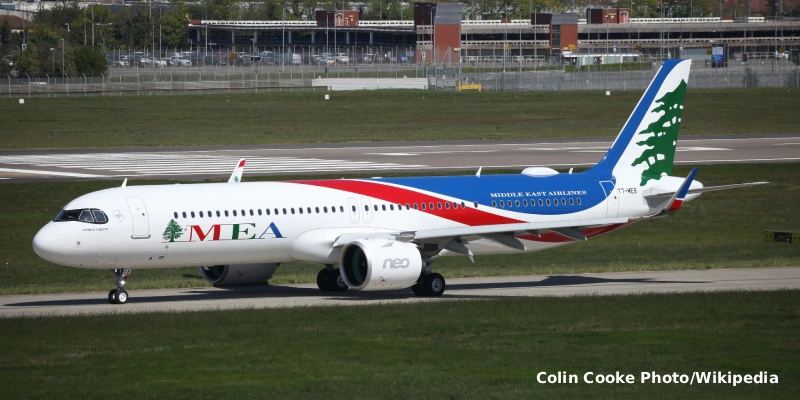The International Air Transport Association (IATA) has officially introduced its new digital tool: SAF Matchmaker, a platform designed to facilitate connections between airlines and sustainable aviation fuel (SAF) suppliers. The goal is clear: to simplify, accelerate, and bring transparency to the SAF procurement process in a market that is still developing.
A Solution for Three Key Challenges
SAF Matchmaker addresses three critical needs in the sector:
1. Efficiency in SAF Procurement
The platform centralizes SAF requests and offers, eliminating barriers and additional costs. This significantly reduces the time and complexity airlines face when searching for suppliers, thereby fostering the growth of the voluntary SAF market.
2. Direct Connectivity Between Stakeholders
Producers and suppliers of sustainable fuel can post available or projected volumes, while airlines register their interest in acquiring specific quantities. When a match is made, the parties can take negotiations offline to finalize details such as pricing and payment terms.
3. Market Visibility and Transparency
The system provides detailed information about each available SAF batch: volume, feedstock used, location, production technology, associated emission reductions, and compliance with international regulations such as CORSIA (Carbon Offsetting and Reduction Scheme for International Aviation) or the EU Renewable Energy Directive (EU RED).
→ EASA and IATA Launch Global Plan to Mitigate GNSS Interference Risks
Marie Owens Thomsen, IATA’s Senior Vice President of Sustainability and Chief Economist, highlighted the strategic impact of this tool: “To achieve net-zero carbon emissions by 2050, we need an accessible, transparent, liquid, and efficient SAF market. SAF Matchmaker demonstrates IATA’s commitment to building a fully operational market that facilitates SAF adoption, reducing costs and barriers for airlines.”
Exclusive Platform, for Now
In its initial phase, SAF Matchmaker will be available exclusively to airlines and SAF suppliers. However, IATA anticipates that other buyers, such as corporations from sectors not directly related to aviation, may join later.
The tool is hosted on the Aviation Energy Hub, a centralized digital space offering practical resources for the energy management of the air transport sector.
Related Topics
Air Astana Places Its Largest Order: 25 Airbus A320neo Family Aircraft
Delta Bolsters Narrowbody Fleet with Acquisition of 34 Additional Airbus A321neos
MEA in Talks with Airbus for 12 Aircraft to Expand Fleet and Launch Fly Beirut
Airbus Closes 2025 with Profit Growth, 793 Deliveries, and a Record Backlog of 8,754 Commercial Aircraft

Plataforma Informativa de Aviación Comercial con 13 años de trayectoria.




